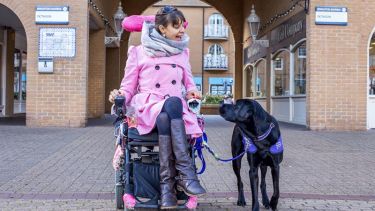The film Should everyone have an end of life plan? encourages viewers to consider end of life planning. An end of life plan involves thinking about how you want to spend the last few months of your life.
Sally stressed her own experiences, but also those of the disabled young people living with life-limiting and life-threatening impairments (hereby LL/LTIs) at the centre of Living Life to the Fullest. Young people in our project had understandably complicated feelings about the future, death, dying and legacy; they weren’t always explicit when talking about death and dying.
Talk about death and dying was storied through a focus on illness and the future. Young people routinely identified as striving and thriving, demarcating that they have strong desires to live full lives in the present and the future, regardless of how much time they have to live. While end of life planning is very important, the young people we spoke to wanted to live: take risks, make mistakes, experience, learn, love and live fully, but often they did not have the space to.
Young people across our project were often creative in their approaches to living, and were able to articulate their achievements and self-pride in knowing how to live in often difficult circumstances.
Our problematic cultural constructions of death, dying and fragility, and our difficult (deeply ableist) social attitudes towards debility and death, left us concluding that society has a lot to learn from young people with LL/LTIs, who value their lives deeply, regardless of the difficulties. Importantly, legacy – being remembered and leaving something of value to the world – was considered most important to young people with LL/LTIs.


